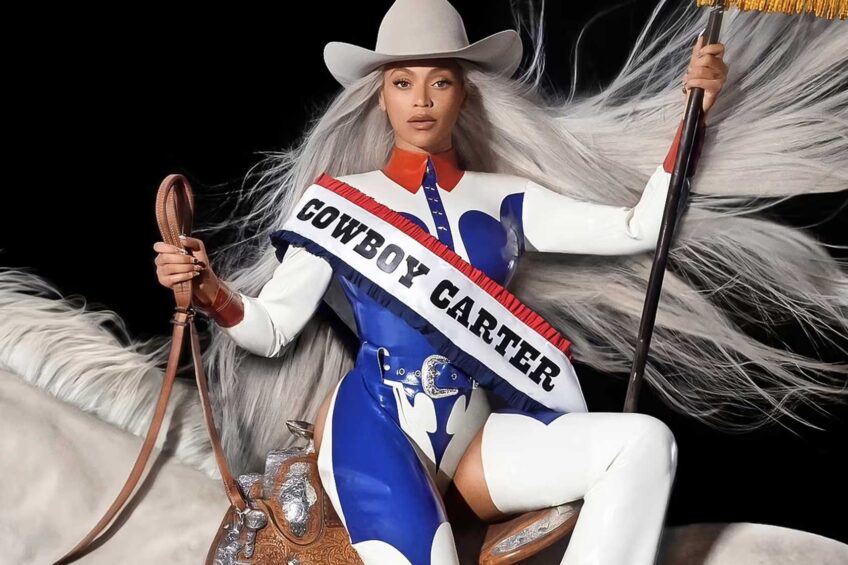The scuttlebutt is that Attorney General Eric Holder is poised to say what has long been obvious to anyone who has the faintest notion about how the wildly failed, flawed war on drugs has been waged for three decades.
The obvious is that the war on drugs has been a ruthless, relentless and naked war on minorities, especially African Americans. In the coming weeks, Holder may explain exactly how he’ll wind that war down. It shouldn’t surprise if he does.
President Obama and Holder have been hinting for a while that it’s time to rethink how the war is being fought and who its prime casualties have been. Their successful push a few years back to get Congress to finally wipe out a good deal of the blatantly racially skewed harsh drug sentencing for crack versus powder cocaine possession was the first hint.
Another is the mixed signals that both have sent about federal marijuana prosecutions — sometimes tough, sometimes lax.
But if, and more likely when, Holder acts on much-needed and long-overdue drug law reforms, he’ll do it standing on solid ground. Past surveys by the Centers for Disease Control and Prevention on the sex and drug habits of Americans and a legion of other similar surveys have tossed the ugly glare on the naked race-tainted war on drugs. They found that whites and blacks use drugs in about the same rate.
Yet more than 70 percent of those prosecuted in federal courts for drug possession and sale (mostly small amounts of crack cocaine) and given stiff mandatory sentences are blacks. Federal prosecutors and lawmakers in the past and some at present still justify the disparity with the retort that crack cocaine is dangerous and threatening, and leads to waves of gang shoot-outs, turf battles and thousands of terrorized residents in poor black communities. In some instances, that’s true, and police and prosecutors are right to hit back hard at the violence.
The majority, however, of those who deal and use crack cocaine aren’t violence-prone gang members, but poor, and increasingly female, young blacks. They clearly need treatment, not long prison stretches.
It’s also a myth that powder cocaine is benign and has no criminal and violent taint to it. In a comprehensive survey in 2002, the Office of National Drug Control Policy, the White House’s low-profile task force to combat drug use, attributed shoplifting, burglary, theft, larceny, money laundering and even the transport of undocumented workers in some cities to powdered cocaine use.
It also found that powder cocaine users were more likely to commit domestic violence crimes. The report also fingered powder cocaine users as prime dealers of other drugs that included heroin, meth and crack cocaine.
The big difference is that the top-heavy drug use by young whites — and the crime and violence that go with it — has never stirred any public outcry for mass arrests, prosecutions and tough prison sentences for white drug dealers, many of whom deal drugs that are directly linked to serious crime and violence.
Whites unlucky enough to get popped for drug possession are treated with compassion, prayer sessions, expensive psychiatric counseling, treatment and rehab programs and drug-diversion programs. And they should be. But so should those blacks and other non-whites victimized by discriminatory drug laws.
A frank admission that the laws are biased and unfair, and have not done much to combat the drug plague, would be an admission of failure. It could ignite a real soul searching over whether all the billions of dollars that have been squandered in the failed and flawed drug war — the lives ruined by it, and the families torn apart by the rigid and unequal enforcement of the laws — have really accomplished anything.
This might call into question why people use and abuse drugs in the first place — and if it is really the government’s business to turn the legal screws on some drug users while turning a blind eye to others.
The greatest fallout from the nation’s failed drug policy is that it has further embedded the widespread notion that the drug problem is exclusively a black problem. This makes it easy for on-the-make politicians to grab votes, garner press attention and balloon state prison budgets by jailing more black offenders while continuing to feed the illusion that we are winning the drug war.
On that point Holder was blunt. “There’s been a decimation of certain communities, in particular communities of color,” Holder said in an interview.
This is no accident. The policy deliberately targeted those communities due to a lethal mix of racism, criminal justice system profit (someone has got to fill up the cells to justify building more prisons, hiring and maintaining waves of corrections officers and bloating state budgets in the process), political expediency and media-fed public mania over drug use.
This is why Obama and Holder have delicately, but to their credit, publicly, inched toward a rethink of the drug war — who it benefits and who it hurts. They should be applauded for that.
Earl Ofari Hutchinson is an author and political analyst.
The Banner welcomes your opinion. Email Op-Ed submissions to:
hmanly@bannerpub.com
Letters must be signed. Names may be withheld upon request.






